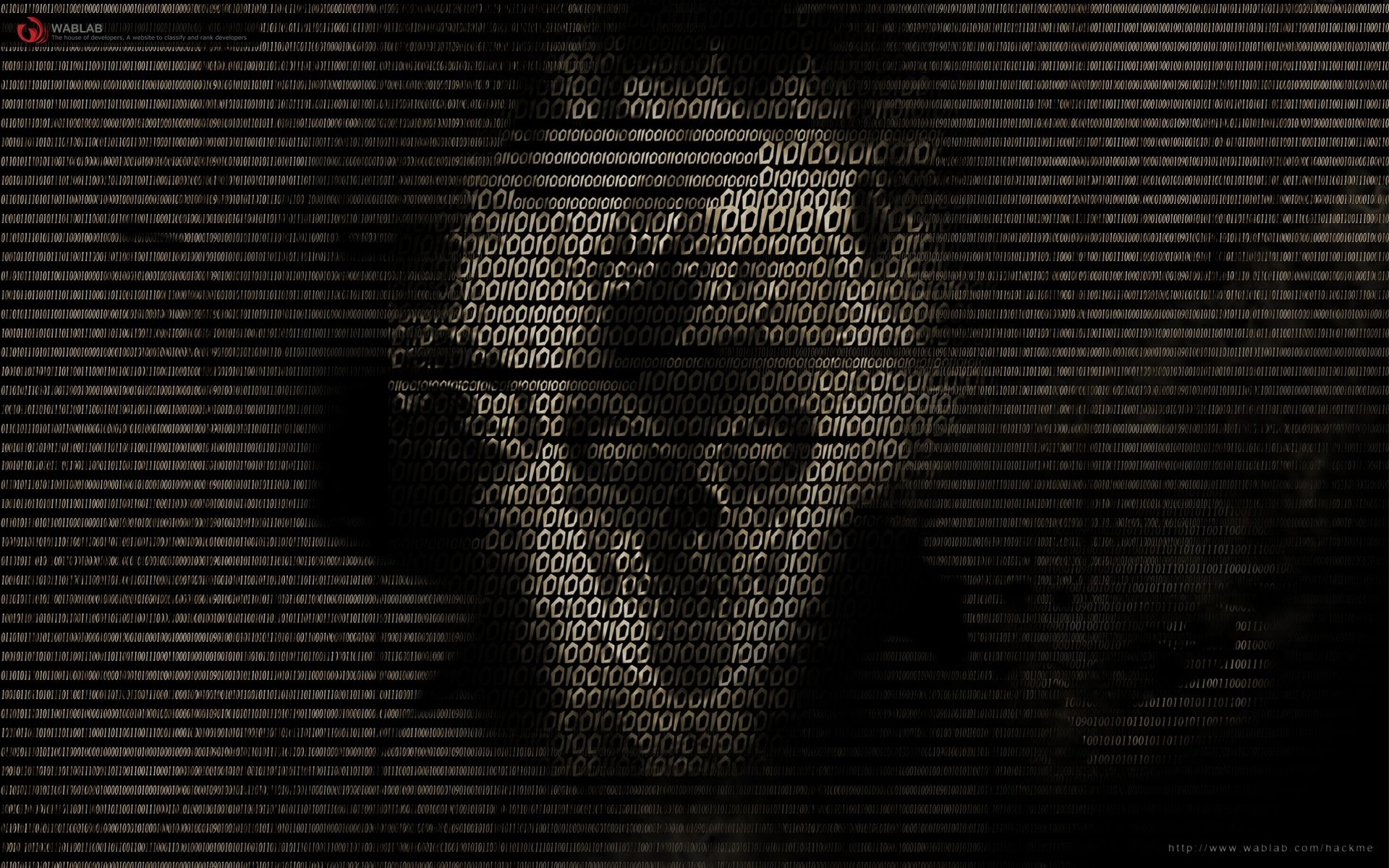Understanding Game Hacking
To comprehend game hacking, you must first become acquainted with the numerous ways used to attack weaknesses in online games. The landscape of gaming has evolved, and along with traditional challenges, emerging elements such as arabian casinos have introduced new dimensions to the gaming environment. Understanding these diverse aspects is essential to gaining insights into the complexities of game security and potential vulnerabilities.
Cheating is a tactic widely utilized in game hacking. This entails tampering with the game's code or data in order to obtain an unfair advantage over other players. Aimbotting, wallhacking, and speedhacking are examples of cheating that allow players to see past walls, automatically aim at opponents, or move at superhuman speeds. In the context of online gaming, where fairness is paramount, the involvement of various online casinos adds complexity to the ongoing challenges faced by game developers in maintaining a secure and equitable gaming environment.
Another method is 'modding,' which is changing the game's files to add new features or change current ones. Simple changes, such as adding new character skins or weaponry, to more complicated alterations that totally alter the gaming experience, are examples of modding.
Another strategy used in game hacking is exploiting. It entails exploiting vulnerabilities or weaknesses in the game's coding to obtain an edge. Exploits enable users to duplicate things, circumvent in-game limitations, and even get unauthorized access to certain areas of the game.
The Hacker’s Toolkit
The hacker's toolkit is a set of software and hardware that enables you to change game code and circumvent security measures. As the gaming industry continues to expand, online platforms, including the presence of arabian Casinos like online casinos UAE, have introduced new challenges to the cybersecurity landscape. This dynamic environment requires constant vigilance to address potential vulnerabilities and safeguard the integrity of online gaming experiences.
A memory editor is a vital tool in this toolkit since it allows you to change the values stored in the game's memory while it is running. This allows you to manipulate variables such as health, money, and experience points to get an unfair advantage.
A packet sniffer is another useful tool that intercepts and examines data packets transferred between the game server and your PC. You can discover secret information or manipulate these packets to your advantage by examining them.
A debugger is also useful for locating and exploiting weaknesses in the game's code. It enables you to walk through the application, inspect its memory, and find vulnerable places.
It's crucial to note that utilizing these tools to hack games is against most online game terms of service and can result in penalties or bans. However, the hacker's toolkit might provide a way to get an advantage in online gaming.
Legal Implications of Hacking
When you hack an online game, you are hacking into the game's code or manipulating its systems in order to obtain an unfair advantage. This can include changing the game's mechanics, gaining access to restricted regions, or obtaining in-game items or currency without officially earning them. The prevalence of online gaming has led to the emergence of various platforms, such as BetoBet, adding a layer of complexity to the challenges faced by game developers in maintaining a fair and secure gaming environment. These activities not only upset the game's balance but also violate the game makers' rights.
The legal ramifications of hacking differ based on the jurisdiction and gravity of the violation. In certain cases, hacking online games is considered a misdemeanor or even a criminal, punishable by penalties, jail, or both. Furthermore, game producers have the authority to prohibit or suspend players who engage in hacking activities, which can result in the loss of progress, in-game assets, and even account termination.
It is critical to remember that hacking online games is both immoral and illegal. Rather than resorting to hacking, it is preferable to play fairly and enjoy the game as intended.
Hacking and Game Economics
Here are three crucial points to consider when understanding the connection between hacking and game economics:
- In-game currency as a measure of success: In-game currency, such as gold or coins, often reflects a player’s progress and success within the game. Accumulating wealth allows players to purchase better equipment, unlock new features, and gain an advantage over others.
- Hacking disrupts the balance: When hackers gain unauthorized access to a game’s systems and generate or steal in-game currency, it undermines the virtual economy. This disrupts the balance by flooding the market with counterfeit wealth and devaluing legitimate players’ efforts.
- Negative impact on player motivation: Hacking can discourage players from investing time and effort into the game. When the virtual economy is compromised, players may feel that their achievements are meaningless.
Security Measures in Gaming
The usage of powerful encryption algorithms is one of the most effective security measures. Game makers can prevent hackers from intercepting and accessing sensitive data such as login credentials and personal information by encrypting this data. Furthermore, creators frequently update their games with the most recent security updates to address any weaknesses that hackers may exploit. In the realm of online gaming, where security is paramount, the integration of secure platforms such as online casinos like Betfinal, enhances the overall safety and integrity of the gaming experience.
Implementing two-factor authentication (2FA) is another vital security step. In addition to their login and password, gamers must give an extra form of verification, such as a unique code texted to their mobile device, with 2FA. This adds an additional layer of protection, making it far more difficult for hackers to gain illegal access to player accounts.
Additionally, game creators frequently employ dedicated security teams that continuously monitor and examine any questionable activity within the game. These teams work relentlessly to detect and eliminate possible hacking efforts in order to provide a safe and fair gaming environment for all players.
Detecting and Preventing Hacks
Here are three major ways for detecting and preventing hacks in online platforms like Lucky Dreams:
- Behavioral Analysis: Game developers use sophisticated algorithms to analyze player behavior and detect any suspicious activities. These systems can detect abnormal patterns, such as rapid leveling or excessive in-game currency accumulation, which may indicate the use of hacks or cheats.
- Real-Time Monitoring: Online games employ real-time monitoring systems that continuously scan game data for any signs of hacking or unauthorized modifications. These systems can quickly identify and flag suspicious activities, allowing developers to take immediate action and protect the integrity of the game.
- Regular Updates and Patches: Game developers regularly release updates and patches to address potential vulnerabilities and fix any existing security loopholes. By keeping the game software up-to-date, developers can prevent known hacks from being exploited and maintain a secure gaming environment.
The Future of Online Game Safety
To assure the future safety of online games similar of those in 747 live, creators must continue to adapt and improve their security mechanisms. As technology evolves and hackers become more skilled, game makers must remain one step ahead. Implementing advanced security features, such as robust encryption methods and regular updates, is crucial. This proactive approach helps safeguard the integrity of the gaming experience and protects users from potential threats.
It’s essential for developers to educate players about online security best practices, such as creating strong passwords, avoiding suspicious links, and being cautious when sharing personal information. By promoting cybersecurity awareness among players, developers can empower them to take an active role in protecting their accounts and contributing to a safer online gaming community.





